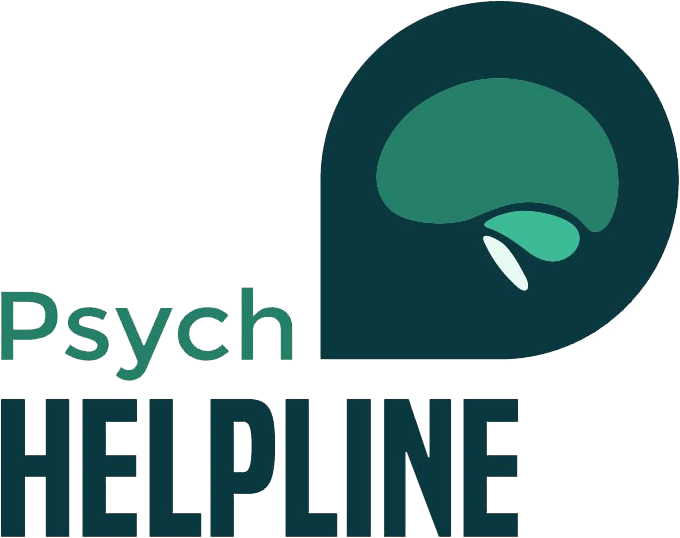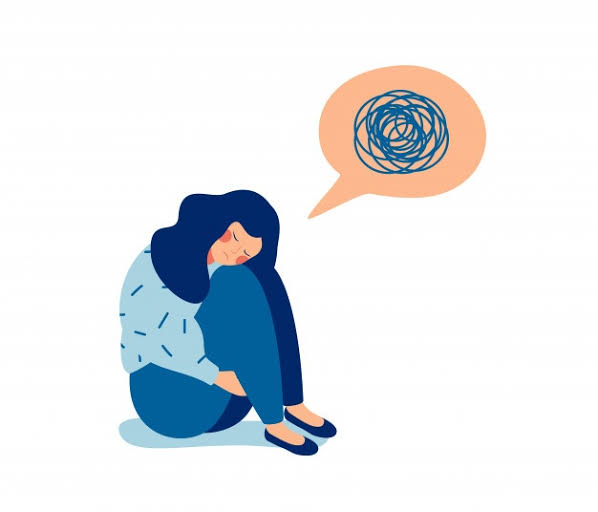Table of Contents
The discourse on Obsessive Compulsive Disorder is still quite neoteric which is why people might wonder, “Is OCD A Disability?” Before coming on to this particular argument we should once and for all elaborate on What Exactly Is A Disability? A disability is any contemporary condition that might restrict the everyday activities of an individual or practically render them useless to some extent. Disabilities can be classified into various categories based on the parts of the body they affect. To make things sound more assimilable, disabilities can be;
- Psychiatric
- Intellectual
- Cognitive
- Sensory
- Neurological
- Physical
Contrary to societal opinions, disabilities are a huge part of being human. It’s not a factor that determines or undermines the worth of a person.

According to recent statistics; “Over one billion people(which is around 15% of the world’s population) live with some kind of disability. These statistics suggest a constant rise in the number, due to environmental and biological reasons. Currently, we’re discussing Obsessive Compulsive Disorder as a disability but any kind of disability has the following commonalities;
- It’s either permanent or most likely can turn permanent someday
- It’s either episodic or in a much worse chronic form
- It negatively impacts communication skills, working capabilities, and social interactions
- It requires the need for an immediate cure or a vital support service
- It may or not lead to other disabilities (usually mental or psychological)
According to World Health Organization, a disability restricts your participation in recreational and work-related activities. Keeping this definition in check, Yes Obsessive-compulsive disorder (OCD) is also an intellectual disability with similar symptoms and blockages. This disability often goes undetected throughout the course of a person’s life as it’s harder to diagnose.
Obsessive-Compulsive Disorder: Disability Benefits
As stated earlier, a disability like OCD has higher chances of disrupting your everyday routine. Most of the regular person’s everyday routine comprises of his job. Now the mediums of these jobs may differ but each suffers at the hands of persistent obsessions and compulsions equally. So, if a disabled person doesn’t have the likelihood of earning for himself, a need for long-term disability benefits always arises. Most states offer a long-term disability plan to their civilians and usually, some workplaces also have a decent amount of budget dedicated to their previous employees.
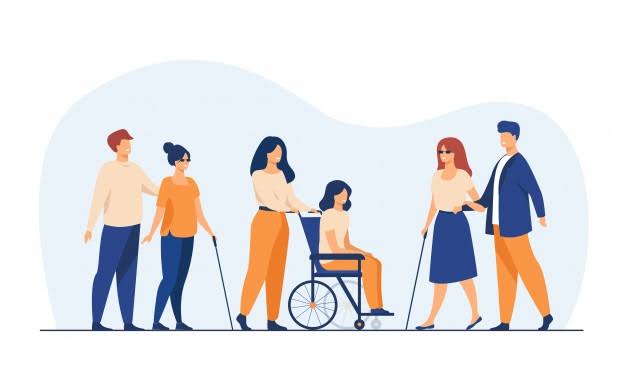
It’s absolutely essential that more and more people are aware of disability benefits. In this way, anyone suffering at the hands of OCD can find some sort of comfortable at least in one area of his/her life. To avail of disability benefits, you’ll face the need to hire a disability lawyer. Disability lawyers partner up with a disabled individual’s physician to collect relevant documentation (medical records, reports, etc.) To ensure the success of your case your documentation should have every relevant detail such as;
- The frequency of symptoms
- The duration of the disability
- The treatments (successful and unsuccessful) you’ve undergone in the past
- Up to what extent do you need to be compensated (requirements, number of off days)
OCD: The Fathomless Impact Of A Disability
While discussing OCD as a disability, it would be negligent of us if we disregard its impact on a larger scale. Obsessive-compulsive disorder has the capability to disrupt a person’s entire life and it can nearby love ones too.
- It’s really hard living with a significant other that struggles with OCD. A disabled s/o can oftentimes be more demanding which over time can become too exhausting. If a parental figure is on the OCD scale, it often impacts the wellbeing of their children and other family members. Disabilities are among the leading causes of divorce and breakups because people choose to separate themselves when things get too tough.
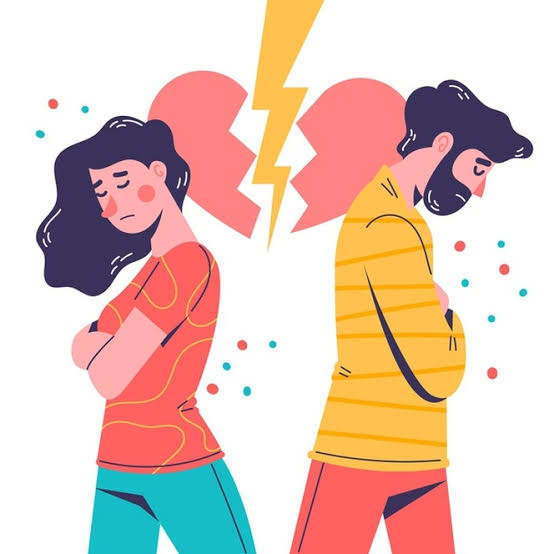
- Obsessive-compulsive disorder (OCD) can often lead patients into separating themselves from their loved ones. Their intrusive thoughts might lead them into believing that they’ll hurt their family members. Hence, OCD sufferers choose to avoid common social events and distance themselves which often leads to dysfunctional family rhetoric.

- Some people have germ-related OCD that impacts the way they physically interact with other people. If a person is fearful of unusual touching or physical intimacy it can take a toll on their sex life.
- Providing constant assurance to a loved ones gets too exhausting after a while and it can damage your relationship. Those with OCD often suffer from a constant state of uncertainty or anxious thoughts. This may require repeated reassurance from your spouse that can be overwhelming.
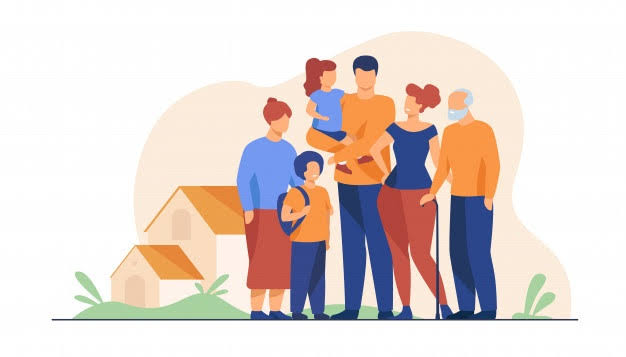
- Treatments for disabilities like OCD can often impose financial burdens on a family. Furthermore, a disabled person often lacks the ability to support his/her family financially which places a whole lot of weight on the shoulders of another family member.
- A person on the OCD spectrum can often fall prey to alcohol or other substances to ease the pain of their inner turmoil. Substance abuse is an evil that can corrupt as many relationships and abilities belonging to an individual as it possibly can
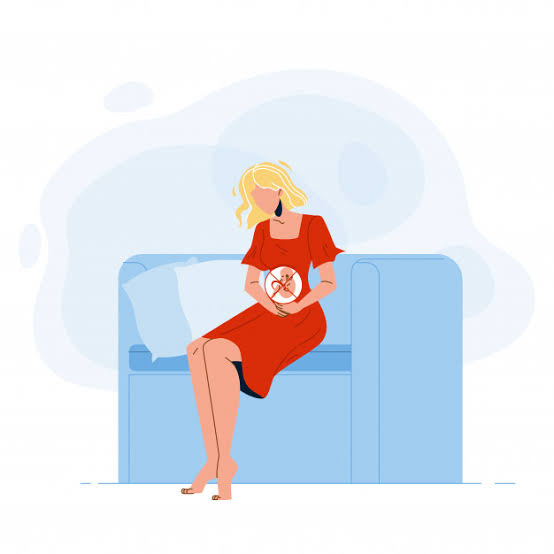
- Women often choose not to produce or often terminate their pregnancies due to OCD. The reason might be the presence of this particular disability in a significant other. Sometimes, female OCD sufferers feel as if they have too much on their plate so they’d fail as mothers. Hence, they choose not to have a family and live a life of isolation.
OCD As A Disability: The Do’s & Don’ts
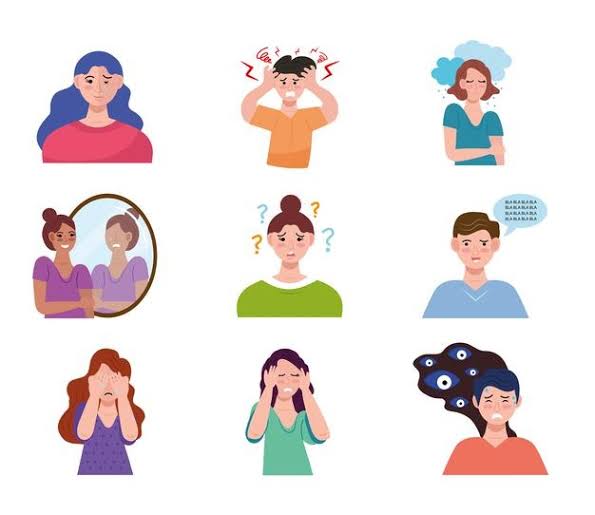
Be Patient: Although witnessing the compulsions in your loved ones might trigger an angry response in you, you must never get angry. Losing your patience might worsen the situation. It’s essential that you understand, OCD sufferers understand the irrationality of what they’re thinking but they have no control over these irrational obsessions. So, avoid saying things like “you’re being irrational” “That’s crazy!” These irrational thoughts feel a bit more dangerous to OCD sufferers as they might consider them kife threatening or poking any other danger.
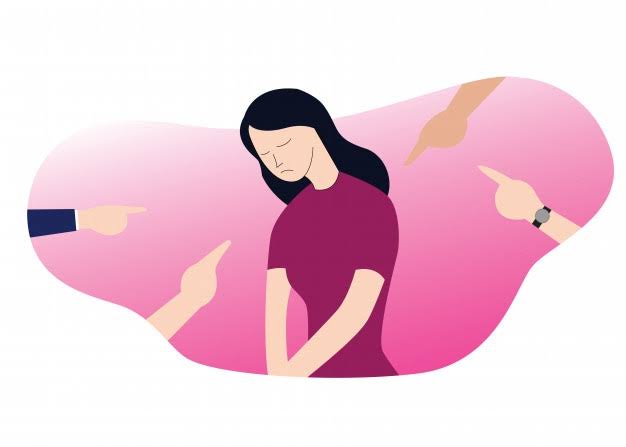
Never undermine: Our society’s general attitude toward cognitive disabilities isn’t very positive. Due to the lack of exposure and common knowledge on these issues people tend to undermine OCD as a disability. Some even suggest “moving on” or “accepting the things the way they are. Close family members or friends often accuse OCD sufferers of making things up. In other cases, to ease their own pain, patients tend to use humor as a coping mechanism by poking fun at their disability. These practices shouldn’t take away the seriousness of this problem. Although things might seem normal to you on the outside they’re way too serious to the person they afflict.
Offer assistance consensually: It’s a positive gesture to offer help to any disabled person but it’s even more essential that you don’t offend them while doing so. To avoid any kind of embarrassment you should wait until your offer for help gets accepted. Furthermore, doing basic tasks for an OCD patient (feeding them already cut up food, proving physical support etc.) without their approval seems quite frustrating.
Don’t be condescending: It’s a trivial practice of labeling disabled people as “brave” for simply living with a compromised condition. When you call a differently-abled person “inspirational” for simply going out in public and doing simple tasks, it often sounds quite condescending. Unusually using childish pet names without permission, is also very disrespectful. Avoid completing their questions if they stutter or take time while compiling their thought process. Even if you do these acts with the most positive intentions, they might seem patronizing.
Educate yourself: If you know someone who’s on the OCD spectrum it’s always to educate yourself about the disease. Instead of acting ignorant by asking them ‘why can’t you just stop?”, do your research on the disease. Disabled individuals don’t have control over their obsessive practices and thought-suppression strategies don’t work quite often. If a near and dear one gives you the consent, you can attend a therapy session with them. Sharing that space with them will provide you a chance to take a peek into their mind and why they have no control over these irrationalities.

Avoid suggesting futile solutions: It’s fair to say that Yoga and other meditative techniques are very helpful in most cases. On the contrary, depending on these practices to cure more complex cognitive anomalies seem like a stretch. OCD patients often share how their acquittances suggest “you should try yoga to alleviate OCD symptoms.” Often excessively religious folks suggest visiting the church and seeking forgiveness as a way of curing disabilities. So, while engaging with a disabled individual avoid presenting futile solutions to them and talk as you normally would with an abled person.
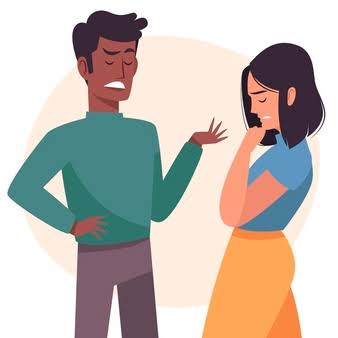
Don’t inquire: It’s very intrusive to ask someone questions about their medical history. You would never ask a healthy, functioning person about their medical history. So, asking a disabled person seems quite unnecessary and as an effort of separation from the “abled” crowd. If you have positive intentions then you can wait for the other person to tell things on their own and save yourself some embarrassment.
FAQs
What other terminologies can be used to refer to a disabled person?
It’s necessary that the words you used to refer to a disabled person aren’t derogatory. Old terminologies like; cripple, spastic, victim are highly insulting. So, it’s better that you ask that particular person what sort of terminology he/she is comfortable with and then proceed with the discourse. Some common terms used in place of “disabled” include; specially-abled, differently-abled, handicapped, special needs, etc.
Is OCD a curable disability?
Although medication and regular cognitive therapy sessions can help you tackle OCD, there’s no way to cure this disability entirely. Contemporary scientific studies lack control over intrusive thoughts and obsessions inside a person’s mind.
When is a person considered a disabled individual?
A person who suffers from a mental, physical or cognitive anomaly that doesn’t let them function properly gets categorized as a disabled individual. Usually, a person gets referred to as a disabled person if their physical or mental impairment places a long-term negative impact on his or her ability to perform common, regular activities. It’s highly unethical to categorize someone as a disabled person without a professional medical practitioner’s diagnosis.
Which gender has more OCD patients statistically?
OCD is an equally common occurrence among both males and females. The only thing that stands them apart are statistics suggesting;
- Childhood or adolescent-onset OCD is more common in males
- Adult OCD is more prevalent in females
What are some common red flags that suggest the onset of OCD?
Although it’s necessary to consult a doctor before self-diagnosing yourself with a disability. There are some warning signs of OCD that one can always look out for;
- Fear of germ contamination and diseases
- Violent sexually explicit thoughts
- Excessive focus and obsession about a single thing
- Being irrationally scared of future occurrences
Final Words
It’s pretty evident how there’s a lot of unconscious bias against various kinds of disabilities in our society. Whether it’s a physical disability or an intellectual one like OCD, the general attitude is never satisfactory. Most people fail to understand the individuality of a disabled person and choose to put everyone in a single box.
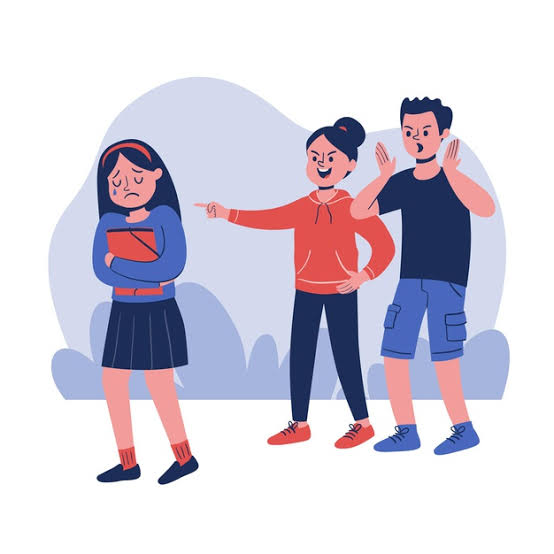
That particular box is a societal construct that creates more anomalies for a person already struggling with a disability. Furthermore, even when people have good intentions, their ignorance of a particular discourse can turn interactions with a disabled individual quite sore. So, make sure you think clearly before dishing out in front of a disabled person and keep your patronizing attitude in check.
